Date: 4 November 2013
Unfortunately, this document was not always provided, or lacked information the final user would need. .jpg) A change came about with (EU) Regulation No. 305/2011 that lays down the harmonized conditions for marketing construction products in the European Economic Area, based on provisions for performance with reference to the relative technical specifications, which for insulating glass are contained primarily in the UNI EN 1279 series.
A change came about with (EU) Regulation No. 305/2011 that lays down the harmonized conditions for marketing construction products in the European Economic Area, based on provisions for performance with reference to the relative technical specifications, which for insulating glass are contained primarily in the UNI EN 1279 series.
Even though it became law on April 24, 2011, the CPR (Construction Products Regulation) became fully effective on July 1, 2013, replacing the Construction Products Directive 89/106/EEC.
One of the most innovative aspects of the Regulation is the DoP - Declaration of Performance - which replaces the Declaration of Conformity.
When placing a CE-marked product on the market, the manufacturer completes the DoP, and takes responsibility for the product's conformity to the declaration itself.
This document brings some key changes, not only a change in “name”, since it arises out of the need by users downstream to have clear and complete information, ensuring the original declared performance of construction products supplied will be maintained over time. At the same time, because the standard clarifies that all actors involved in the supply chain have clearly-defined roles and responsibilities, users must consider the information indicated on the DoP when evaluating the suitability of the product for the planned use, also taking into account the safety aspects (for people and the environment) related to the use of the product. This results in informed research and choices of raw materials used in construction products. .jpg) Fenzi S.p.A. can only be in favor of this principle since it has always researched and chosen raw materials for its products that have the least impact on the environment, present no danger to users, and that meet all the requirements for green building.
Fenzi S.p.A. can only be in favor of this principle since it has always researched and chosen raw materials for its products that have the least impact on the environment, present no danger to users, and that meet all the requirements for green building.
What information needs to be indicated in the Declaration of Performance?
In addition to technical performance specifications (like Ug), handling conditions, installation and proper use of the product to ensure its “durability” are indicated; that is: maintenance of the declared levels of performance for a reasonable period of time.
Thus, for the manufacturer the DoP must become not only an obligation, but also an opportunity to ensure compliance with the basic conditions of use and avoid complaints. Appendix B of UNI EN 1279-5:2009 provides a brief summary of the basic conditions for correct installation, including protection of IGUs from weather while awaiting installation, avoiding high pressure between the glass and the rigid parts which can cause breakage, protecting the edge sealant from ultraviolet radiation, paying attention to the compatibility of installation materials with the edge sealants on the IG unit, a crucial factor that, unfortunately, does not receive due consideration and is often the source of serious problems, already widely covered in our newsletter Together Online No. 2, 2008.
The DoP must include references to the Tests and Periodic Controls conducted, that is: Initial Type Testing (ITT), periodic Audit Tests, and Factory Production Control (FPC), to ensure the product conforms to the requirements of the standard.
Finally, the manufacturer must provide instructions regarding the proper disposal of the product at the end of its life cycle.
Conclusions
Certification of IG units was a major, fundamental objective for manufacturers but not the end of the road. The CE mark is not only a declaration of conformity of a specific technique, but must also indicate the methodology used in the evaluation of products, in order to ensure, and therefore certify, their performance. Completing the Declaration of Performance means taking responsibility for the conformity of one's products to the declaration itself. To that end, having set up a plan for product control and conducting periodic tests, backed by the experience of Fenzi S.p.A., allows our customers greater peace of mind in meeting this new requirement.
References: Appendice B alla UNI EN 1279-5:2009 Regolamento (UE) N. 305/2011
Sabrina Sironi Responsabile Sistema Qualità Fenzi SpA, Tribiano




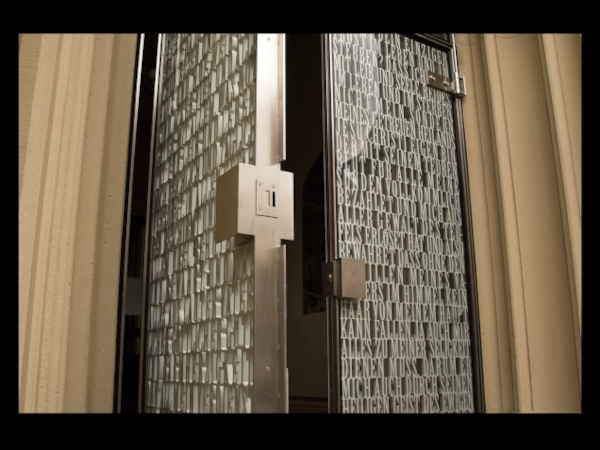

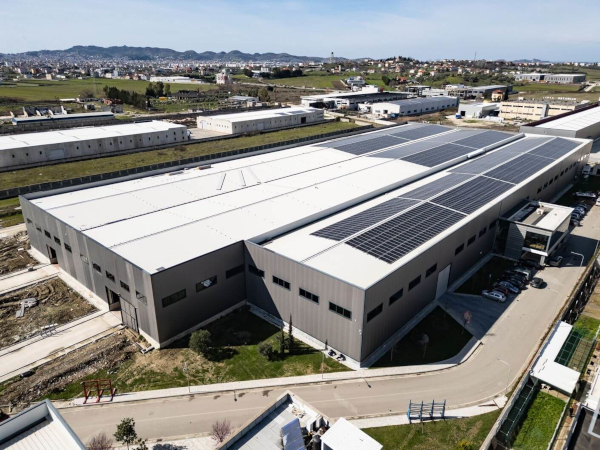








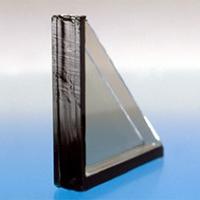
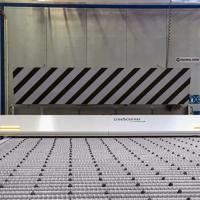
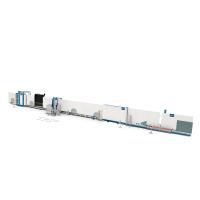


Add new comment